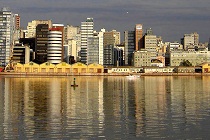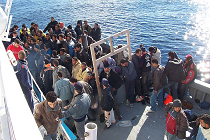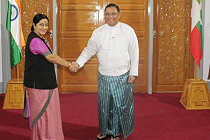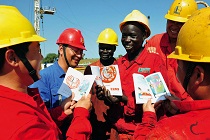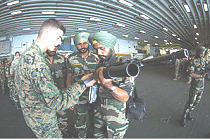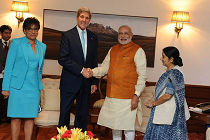Federalism, swaraj and Brazil
Brazil follows a more decentralised form of federalism and gives special importance to the municipalities. Porto Alegre’s successful 'participatory budgeting' is a role model for the world. India can learn from both the positive and negative aspects of the Brazilian system

